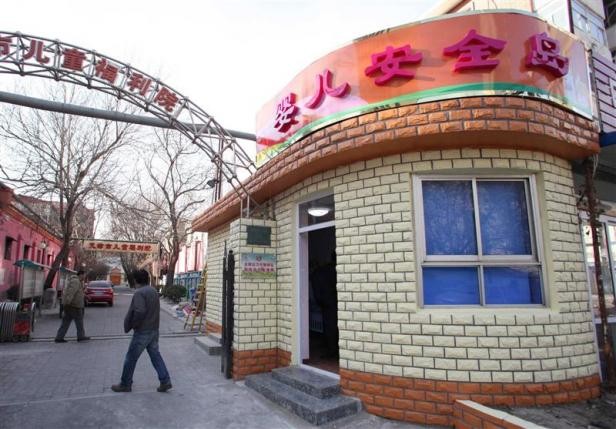“Baby Safety Island” administration announced on Tuesday that they would be controlling the number of abandoned children coming in, accepting unwanted infants only after the upgrade plan to transform the establishment into a comprehensive institution offering assistance, consultancy and education services.
The news regarding the suspension of the association’s operation has caused disturbance to the Chinese public over the past week.
The Quzhou Children Welfare Association--popularly known as “Baby Safety Island”--is the first organization in the city of east China's Zhejiang Province to be a drop-off center for babies of unwilling parent and provide temporary shelter for abandoned babies.
The people were happy upon hearing the news, but rounds of heated debates also circulated as authorities were taking no action on making developments on the baby hatches in China.
The country’s first "baby safety island" was established by the Shijiazhuang Social Welfare Institute in Shijiazhuang, Hebei Province, in June 2012, where each abandoned baby receives the right amount of care and stays in a room with cradle and incubator.
The rights of the abandoned children were given more security in July 2013 as China’s Ministry of Civil Affairs ordered baby islands in 30 pilot cities to ensure safety of abandoned babies.
Opposing sectors reject the idea of baby hatches as it encourages more irresponsible parents to leave their children in the centers. Supporting bodies, on the other hand, argue that “baby safety islands” play a substantial role in protecting abandoned babies, especially those who were born ill or disabled, and it delivers solution for the deficiencies of China's current welfare schemes.
Despite the arguments regarding “baby safety islands,” many consider that the policy has helped shape social concerns, giving opportunity to the public to partake in discussions, encouraging them to be more involved and offer more help.



























